
Posted on 04/13/2021 6:51:57 AM PDT by Homer_J_Simpson





















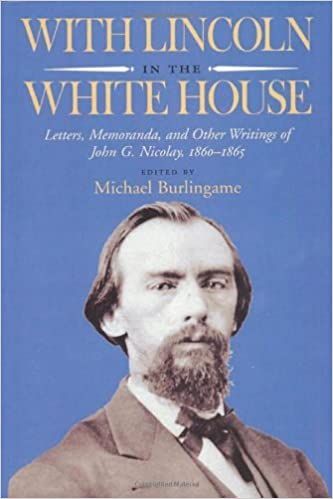

With Lincoln in the White House: Letters, Memoranda, and Other Writings of John G. Nicolay, 1860-1865, edited by Michael Burlingame
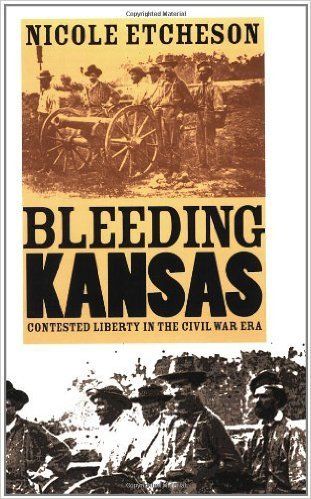
Continued from January 29 (reply #12).
https://freerepublic.com/focus/f-chat/3928904/posts#12

Nicole Etcheson, Bleeding Kansas: Contested Liberty in the Civil War Era
WASHINGTON CITY, April 14, 1861.
Hon. Simon Cameron, Secretary of War,
SIR: As the executive of the State of Minnesota, I hereby tender to the government of the United States, on the part of that state, one thousand men to be ready for service so soon as the necessary information can be communicated to the people there. As the legislature is not in session, and will not be, unless specially convened, before January of next year, may I ask whether you would feel justified in saying that the reasonable expenses that may be involved will be furnished by the general government in view of the facts above stated! I am pleased to say that in all this I have the advice and support of the senators from Minnesota, and know that it will be heartily and promptly responded to by the people.
ALEXANDER RAMSEY.
SOURCE: Minnesota. Board of Commissioners on Publication of History of Minnesota in Civil and Indian Wars, Minnesota in the Civil and Indian Wars, 1861-1865, Volume 2, p. 1
https://civilwarnotebook.blogspot.com/2014/08/governor-alexander-ramsey-to-simon.html
WASHINGTON, April 14, 1861.
Wm. H. Acker, Adjutant General Minnesota,
SIR: In the excitement which the attack and reduction of Fort Sumter occasioned here and elsewhere in the East, the states all around made a tender of generous support to the government, and aware that the patriotic people of Minnesota would be offended if there were any delay on my part in doing the same on their behalf, I at once hastened to the War Office and addressed the foregoing communication to General Cameron. The call now issued to the states for men, does not, as you will doubtless have learned by telegraph ere this, include Minnesota, Wisconsin, Iowa or Michigan; but our contingent should be in some degree of readiness, for the call may shortly be extended to us. You had better, therefore, be on the qui vive, and I will write you again to-morrow.
If troops are asked of us, they will probably rendezvous at St. Paul, and the expense of uniforming and of transportation will be borne by the government here.
ALEXANDER RAMSEY.
SOURCE: Minnesota. Board of Commissioners on Publication of History of Minnesota in Civil and Indian Wars, Minnesota in the Civil and Indian Wars, 1861-1865, Volume 2, p. 1
https://civilwarnotebook.blogspot.com/2014/09/governor-alexander-ramsey-to-william-h.html
Diary of William Howard Russell: April 14, 1861-1st entry (Russell describes spending the day in Baltimore, then leaving for Norfolk on the steamer “Georgiana”.)
https://civilwarnotebook.blogspot.com/2015/06/diary-of-william-howard-russell-april_21.html
Diary of William Howard Russell: Sunday, April 14, 1861-2nd entry (Russell gradually makes his way to Norfolk. A long but rewarding read.)
https://civilwarnotebook.blogspot.com/2015/06/diary-of-william-howard-russell-sunday.html
Today’s posts:
“The Coming Fury,” reply #20
“Team of Rivals,” #21
John G. Nicolay, #22
“Bleeding Kansas,” #23
George Templeton Strong, #24
Two from Civil War Notebook, #25
William Howard Russell (2), #26
Agreed, but in the case of the Italian Renaissance, those republics became relatively prosperous & powerful at a time when many other nations were divided & weak.
Indeed, if I remember right, the Italian Renaissance pretty much ended when the King of France pulled his armies together and marched to destroy those uppity Italians republics while they were unable to unite enough to resist him.
It was a pattern repeated many times, and a lesson from history on the dangers of unlimited secessions.
I suspect he spelled it correctly in his diary. So far I have seen the extra "p" from William Tecumseh Sherman, Abraham Lincoln and the New York Times. Mary B. Chesnut gets it right, as does Harper's Weekly. I wouldn't be surprised if attorney Strong researched the matter himself, so he wouldn't appear to be a poor speller to his 21st century readers.
A most interesting cartoon, but not so clear -- exactly what does it refer to?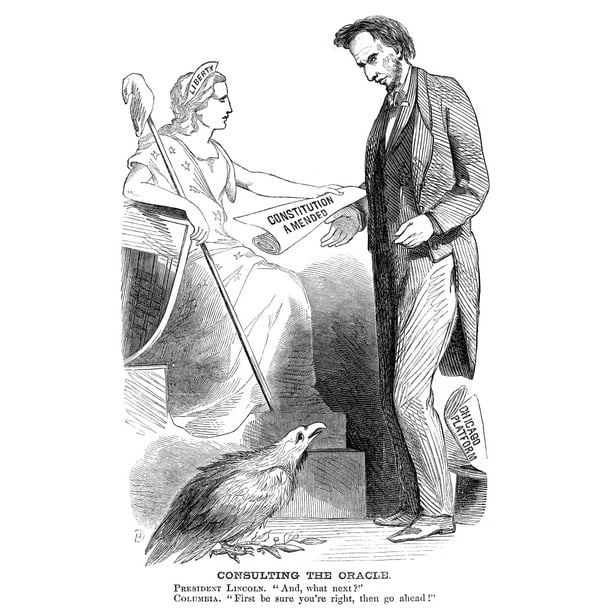
It's important to notice in this account that Capt. Fox onboard SS Baltic is not prevented from resupplying Fort Sumter by Confederate artillery, but rather by the rough weather and the lack of tug boats.
Still, he intended to try again, the night of the 13th, but by then Maj. Anderson had already surrendered.
The plan Fox hoped to execute originated with Capt. Doubleday, in Anderson's command at Fort Sumter, but Anderson himself had never supported it.
My guess is that Anderson wanted to surrender before Fox's plan had any chance of success, which would thus keep Anderson & his men cooped up in Sumter indefinitely.
Sure, Catton makes much of the damage done to Fort Sumter, but the fact is, more than two years later the Union navy did vastly more damage without ever forcing Confederate defenders to surrender.
Maj. Anderson was another... ah... "complicated" figure and did not excel in command during the Civil War.
Fort Sumter after the Union bombardment in September 1863: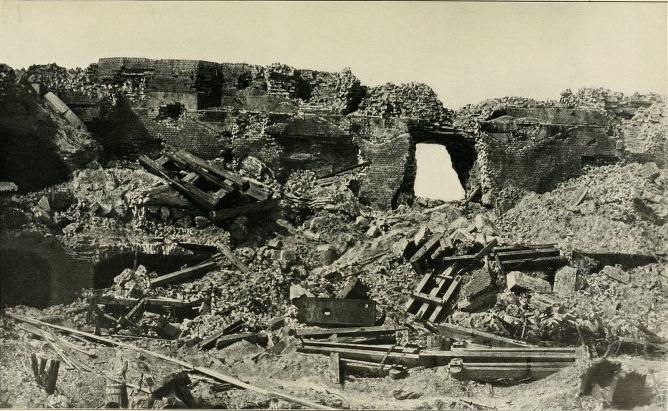
Amazing photo, as I stood there a few years ago.
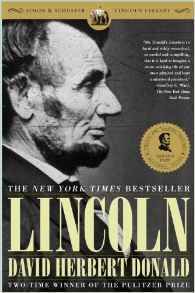
Continued from April 12 (reply #43).
https://freerepublic.com/focus/f-chat/3948261/posts#43


David Herbert Donald, Lincoln
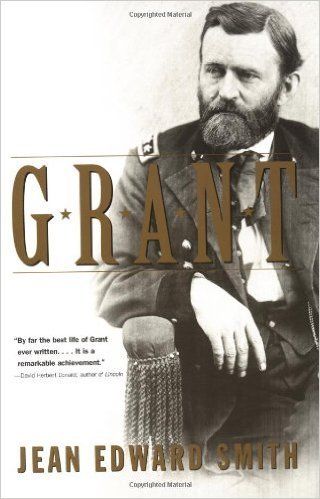
Continued from April 12 (reply #44).
https://freerepublic.com/focus/f-chat/3948261/posts#44


Jean Edward Smith, Grant
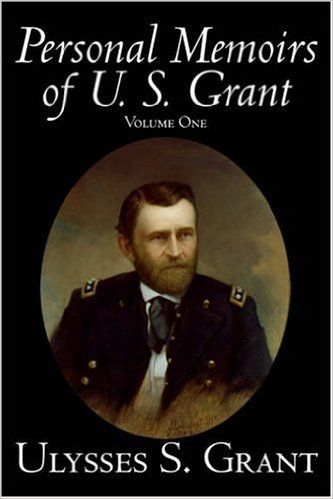
Continued from February 23 (reply #6)
https://freerepublic.com/focus/f-chat/3937001/posts#6



Personal Memoirs of U.S. Grant, Volume One
Disclaimer: Opinions posted on Free Republic are those of the individual posters and do not necessarily represent the opinion of Free Republic or its management. All materials posted herein are protected by copyright law and the exemption for fair use of copyrighted works.